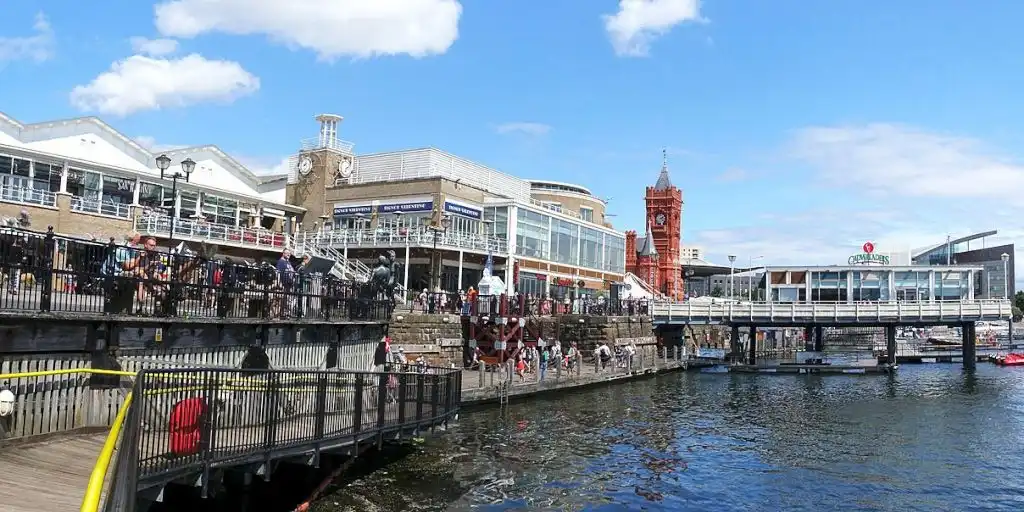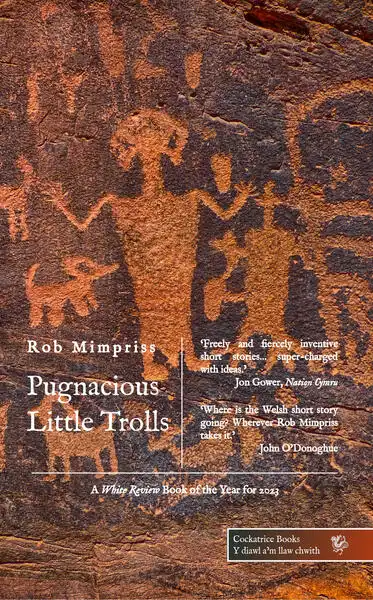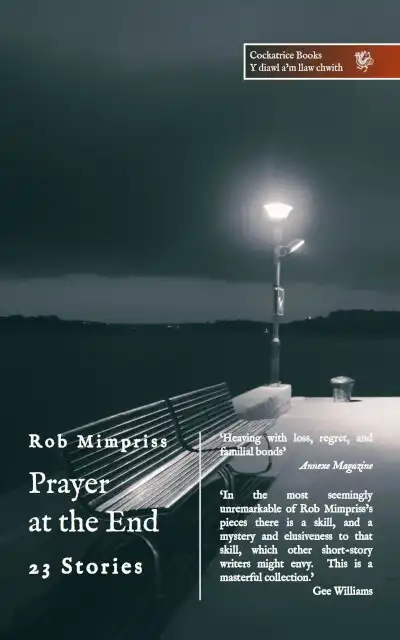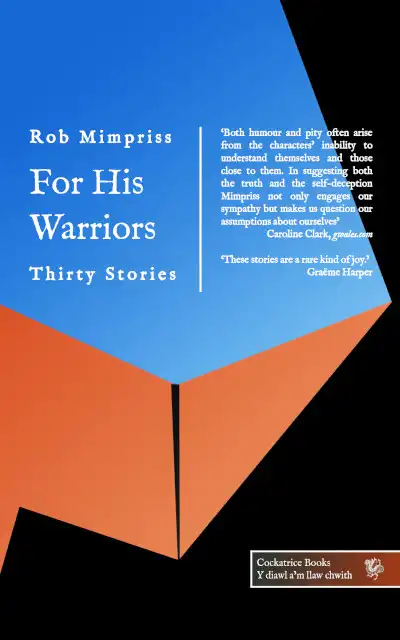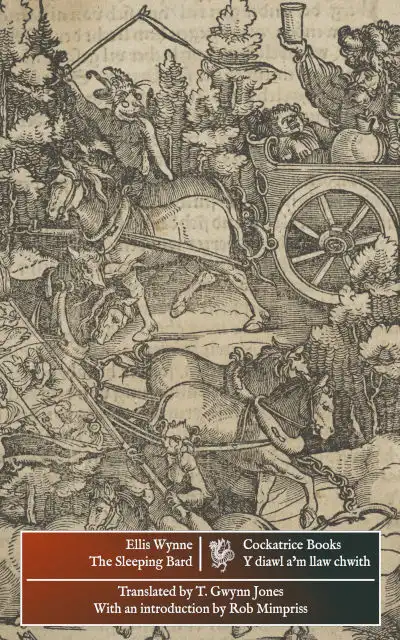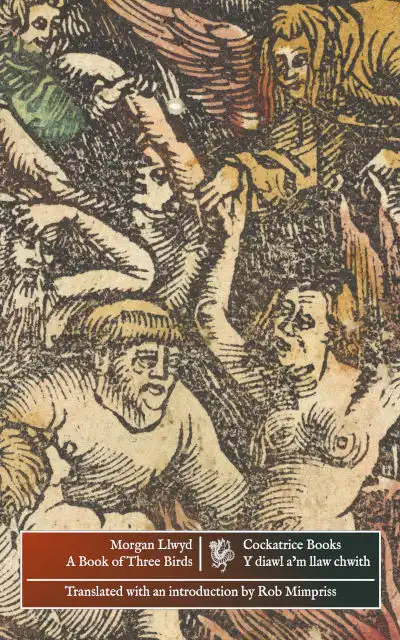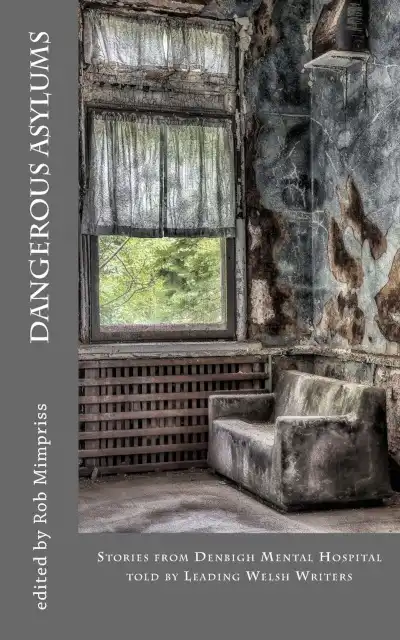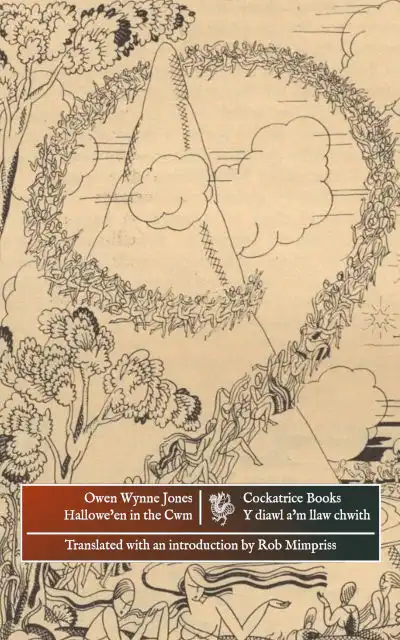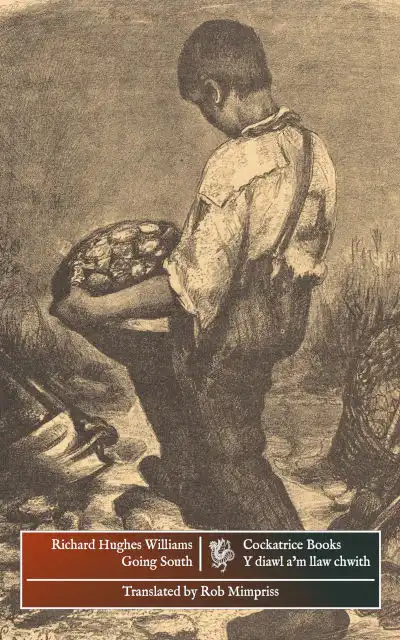27th October 2021: Despite the defeat of their cause in a public vote held in Denbigh the other day, campaigners for the removal of the African explorer Henry Morton Stanley’s statue will take some grains of comfort. First, the vote was effectively forced by the vandalism of statues as part of the Black Lives Matter movement, by the decision taken by Cardiff Council to remove the statue of Thomas Picton from the city hall, by a petition of seven thousand signatures and more started by Simon Jenkins, which called for its removal from Denbigh town centre, and by a longer campaign led by the artist Wanda Zyborska, who has repeatedly ‘re-veiled’ the statue in a rubber sheath. Second, its fate was seen as being of such seriousness that Denbigh councillors preferred to defer to a public vote than to decide the matter themselves; and third, the counter-campaign for its preservation did not present itself as an endorsement of racism or imperialism as such, but as a refutation of false accusations concerning Stanley’s involvement in them. A noticeably superficial article in the Express finds Stanley innocent of the violence which occurred in the Belgian Congo after he had left, without considering the greater part of the evidence against him. As Francis Fukuyama says, those who defend non-democratic forms of government against the moral claims made in favour of liberal democracy have been reduced to special pleading, but Fukuyama’s prediction of the global victory of democracy fails to foresee the rise of populism in the West.
In the comments section which follows a news article about the vote in Nation Cymru, the spirit of populism seems alive and well. The charge of ‘revisionism’ is repeatedly and vociferously brought against those who favour the statue’s removal, even though it is easily dismissed because the statue was only erected in 2011 and because Stanley’s cruelty and rapacity appalled even his own contemporaries. The claim that campaigners for an acknowledgement of the evils of imperialism or its heritage of racism should be seeking to bury unsavoury facts or to whitewash their own nation’s history seems as morally ill-intentioned as it is factually absurd, and such revisionism is more easily imputed to imperialism’s defenders. The Colonial and Foreign Office destroyed records of imperial atrocities rather than allowing them into the hands of its newly-independent colonies, effectively destroying the right of those nations to study their own history, and the article in the Express which I refer to above seems to foment misunderstanding, speaking of ‘tearing down’ a statue which Simon Jenkins merely wants ‘removed’ from its ‘pride of place’ in ‘the centre of town.’ One suspects that Stanley’s critics ‘rewrite history’ to the same extent that Remainers ‘betray Britain’ by referring to the mendacity and corruption that enabled the Brexit vote, and as Hannah Arendt points out, populism screeches the sanctity of the plebiscite even as it strangles democratic debate.
If the charge of revisionism is dismissed as malicious, the moral imperative to remove his statue remains, for Stanley was a rapist, a murderer, a barbarian, and a thug. To celebrate him is to celebrate slavery and mass slaughter, and it is worth bearing in mind Arendt’s definition of fascism, the open practice in Europe of what other empires practiced more discreetly against the supposedly inferior races overseas. To deny all this is to knowingly turn away from a recognition of Welsh participation in injustice, injuring our ability to understand and see, and conniving in our own deception.
But if it is a duplicitous and cowardly act, it is also a deeply foolish one, for if we celebrate our participation in a brutal and reprehensible empire, we authorise our own oppression by the English crown and the British state also, both in the past and whenever we are subjected to it in the future. It is the novelist and playwright, Ngũgĩ wa Thiong’o, who made me aware of the beating of Kikuyu speakers in colonial Kenyan schools, who explicitly compared that violence with the violence perpetrated against the speakers of the Celtic languages under the bata scoir and the Welsh Not, and who convinced me that Wales remained a colony of England after their so-called union. In Denbigh we voted for the right of the strong to exploit the weak, and as a small and impoverished nation we will surely suffer for it.

